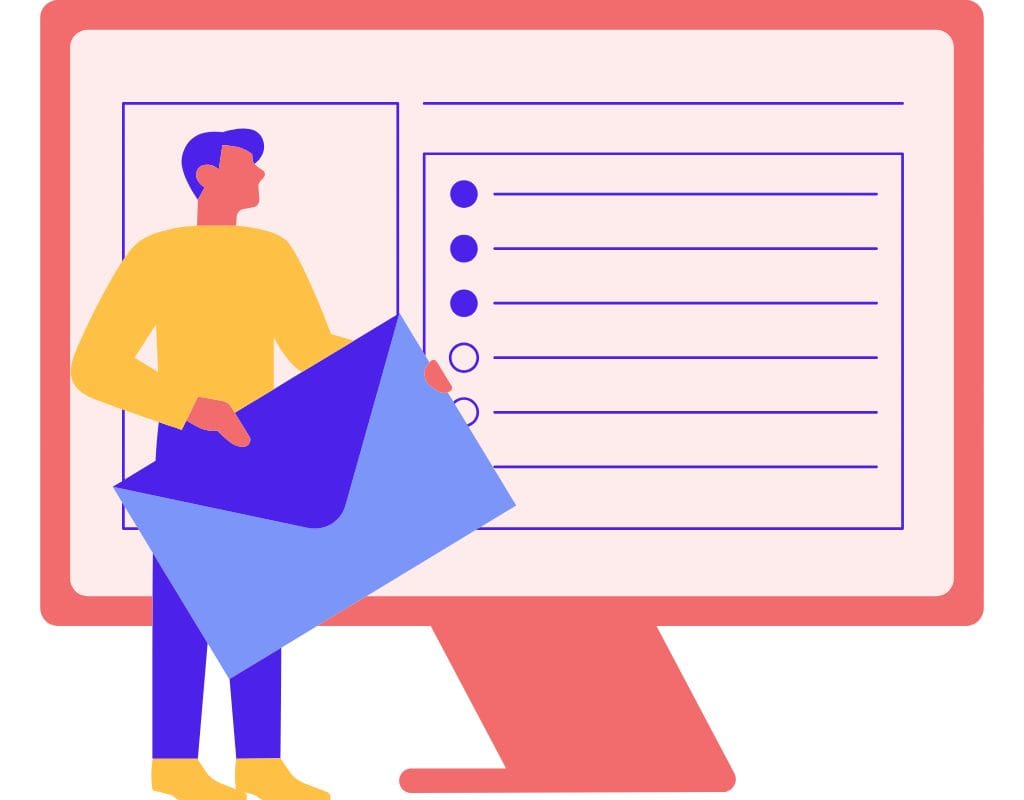It's important to be able to talk to people online these days, so it's becoming more important to know if email addresses are personal data. As we learn more about how to keep data safe, it's important to know what happens to your own email accounts. An email address isn't just a number. They are personal data because they are used by people and this post will show what they are and how they are used. Come with us as we talk about the law, how to stay safe, and the effects of misusing email online.
What You Should Know About Personal Data
People often talk about "personal data" when they're talking about keeping data safe and secure. Before you can fully understand why email addresses are personal data, you need to know what personal data is.
In general, personal data is information about a person that can be used to find out who they are. It can have emails, addresses, phone numbers, SSNs, names, and more. Anything that can be used to figure out who someone is or tell them apart.
It's possible for personal information to be misused and lead to issues and risks. You should keep it safe. More and more hacks and data breaches happen every day, so people and businesses need to be extra careful to keep valuable information safe.
To keep people safe, many countries have laws and rules that say how personal information can be collected, used, and stored. There needs to be a balance between the need to protect people's privacy and the need to use personal information for important things, like running a business or giving services.
Now that you understand the concept of personal data, let's discuss the grouping of email addresses and their classification as personal data.
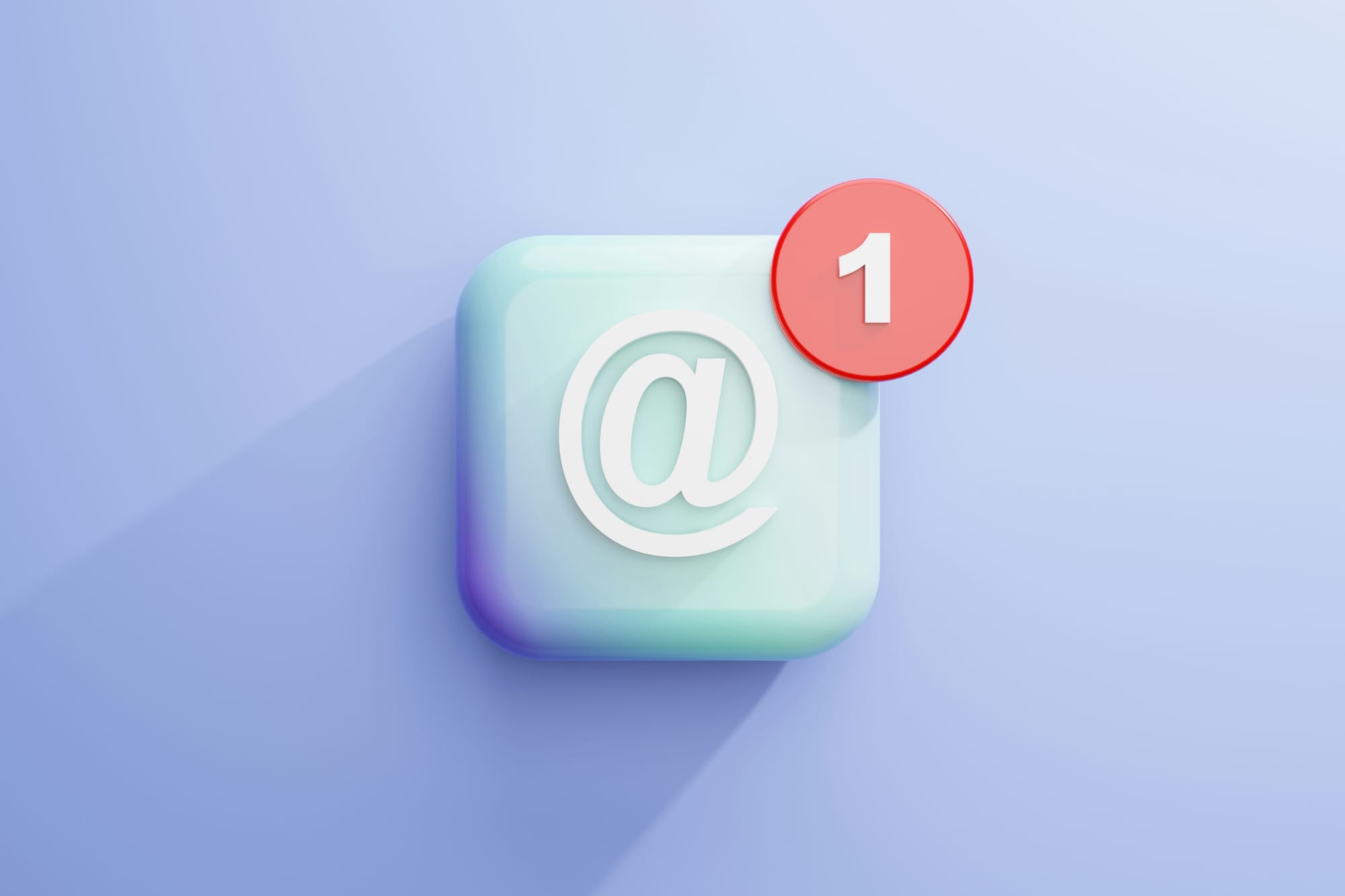
What is an Email Address?
An email address is an identifier that lets a person send and receive emails online. One way the service is like a digital mailbox that lets people, businesses, and groups send and receive mail, documents, and other materials.
The username and the domain name are the two most important parts of an email address. The person who has the email account picks the username, which is a unique combination of letter and number. On the other hand, the domain name is the name of the company or service that runs the email service.
The person who owns the email address "john.doe@example.com" chose "john.doe" as the username. "example.com" is the email service provider's domain name.
You can use underscores, hyphens, or commas in the nickname. You don't have to write email names in a certain way. But email service companies have rules and limits that you need to follow to keep your email addresses safe and useful.
Email is the main way that people, companies, and groups around the world talk to each other. It's now a big part of both work and personal communication. It's easy and quick to talk to people far away because you can send texts, documents, and other digital files in a flash.
We'll now talk about the different kinds of email accounts and how people use them for business and personal contexts.
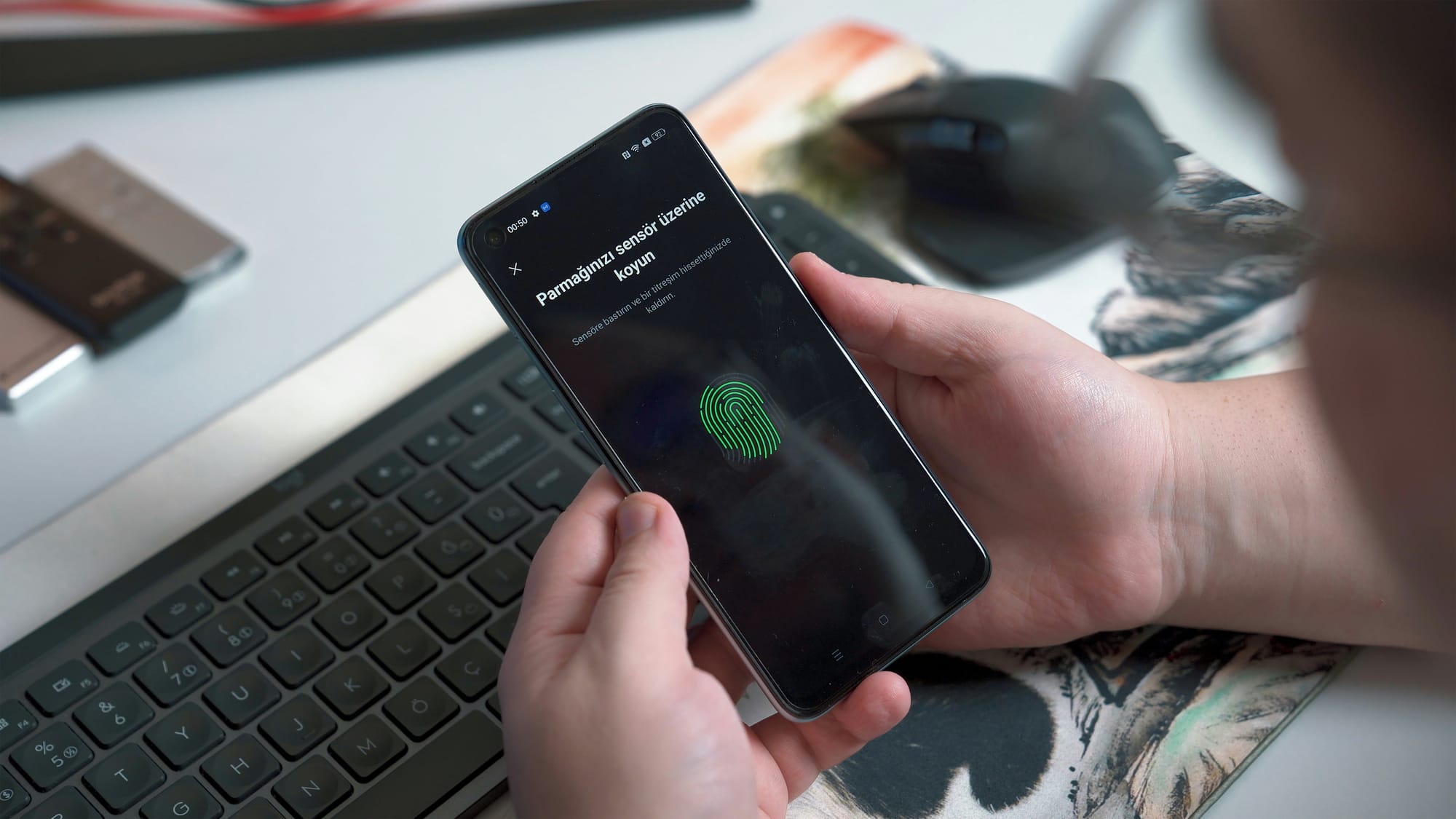
Email Addresses as Personal Data
People often treat email names as private information, even though they might not seem like it at first glance. Email names can help you find people and tell them apart sometimes. Next, we'll talk about why email addresses are personal data and what that means in the law.
Part of Identities: Email addresses are unique addresses that are linked to certain people. When people sign up or use a nickname, it allows them to connect with others. You can find people with email names just like you can with real names.
Connection to Personal Data: Your name, home address, phone number, and other private information are often linked to your email address. Many times, people give their email addresses and other personal information when they create an account or sign up for a service. Email names belong to people only, and this link makes that point even stronger.
Way of Communication: People can talk to each other through their email accounts, which lets them send and receive notes. Emails may contain private or secret information, so the email address is a significant piece of personal data.
Legal Concerns with Email Addresses as Personal Data
In the law, the fact that email addresses are personal data is a big deal, especially when it comes to rules that protect privacy and data. In the EU, for instance, the General Data Protection Regulation (GDPR) says that email addresses are personal data and sets rules for how to gather, use, and store them.
These laws say that people and businesses that gather and use email addresses for business must follow certain rules. For example, they need to get permission, be open, and keep data safe. Not following these rules may result in fines or ruining their image.
In the next part, we'll talk about the legal and technical ways to keep email addresses safe as personal information.
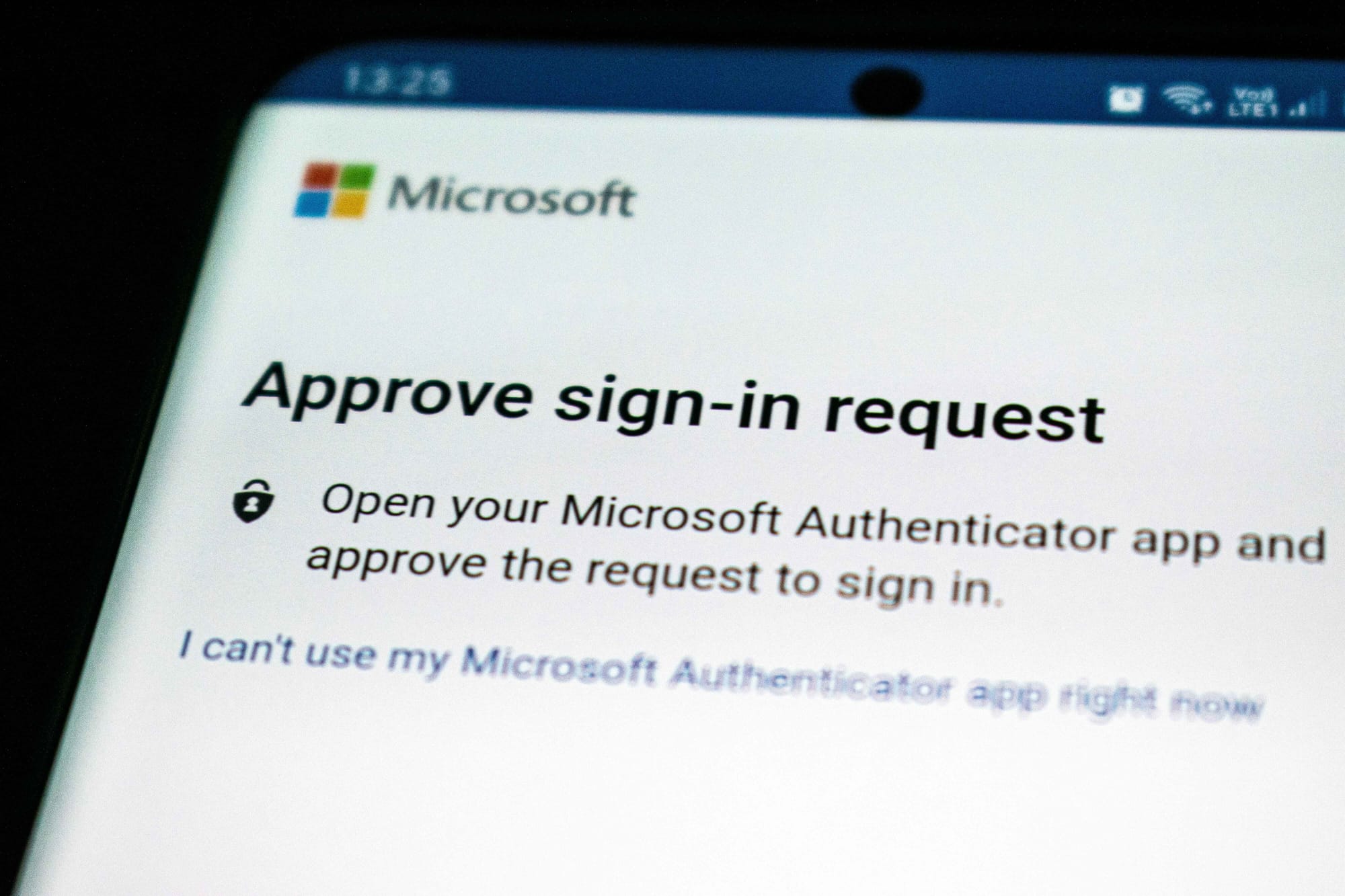
How to Protect Email Address?
Since email addresses are private information, it's important to protect them from misuse, theft, and leaks. From a legal and technical point of view, this part will talk about different ways to keep email addresses safe as personal information.
Methods to Protect Your Email Address
Strong Password: When you use strong, unique passwords, it's easy and safest to keep your email address safe. Breaking simple passwords is possible. Instead, use a password manager to make and remember strong passwords.
Two-step Verification (2FA): When you can, make sure that two-factor security is turned on for your email account. There needs to be a second way to prove who you are besides your password. For example, you can get a code on your phone.
Be Careful When You Share: Be careful if you give out your email address in a public place, like a phone book, an online group, or a social media site. Only give your email address to people and groups you trust. They are less likely to misuse it.
Email Encryption: You should ensure that only the people you want to see read your emails. You could use email security tools or services to keep people from reading your emails. Someone could see your email, but they wouldn't be able to read what's inside because it's encrypted.
Legal Protections for Email Addresses as Personal Data
Data Protection Rules: Find out what the data protection laws and rules are in your area. There are strict rules about how to gather, use, and store sensitive information like email addresses in the European Union. These rules are called the GDPR.
Consent and Opt-In: The company that asks for your email address should know that you want to get emails from them. Emails you didn't ask for shouldn't be in your inbox. Because people will now have to follow rules for how to use your email address.
Notification of a Data Breach: Keep in mind that how to report a data breach is different for each business. If someone breaks into your account and your email address is at risk, most businesses have to let the people who are affected know.
By taking these steps in law and technology, you can better protect your email address as personal information. It's less likely that someone will misuse it without your permission.
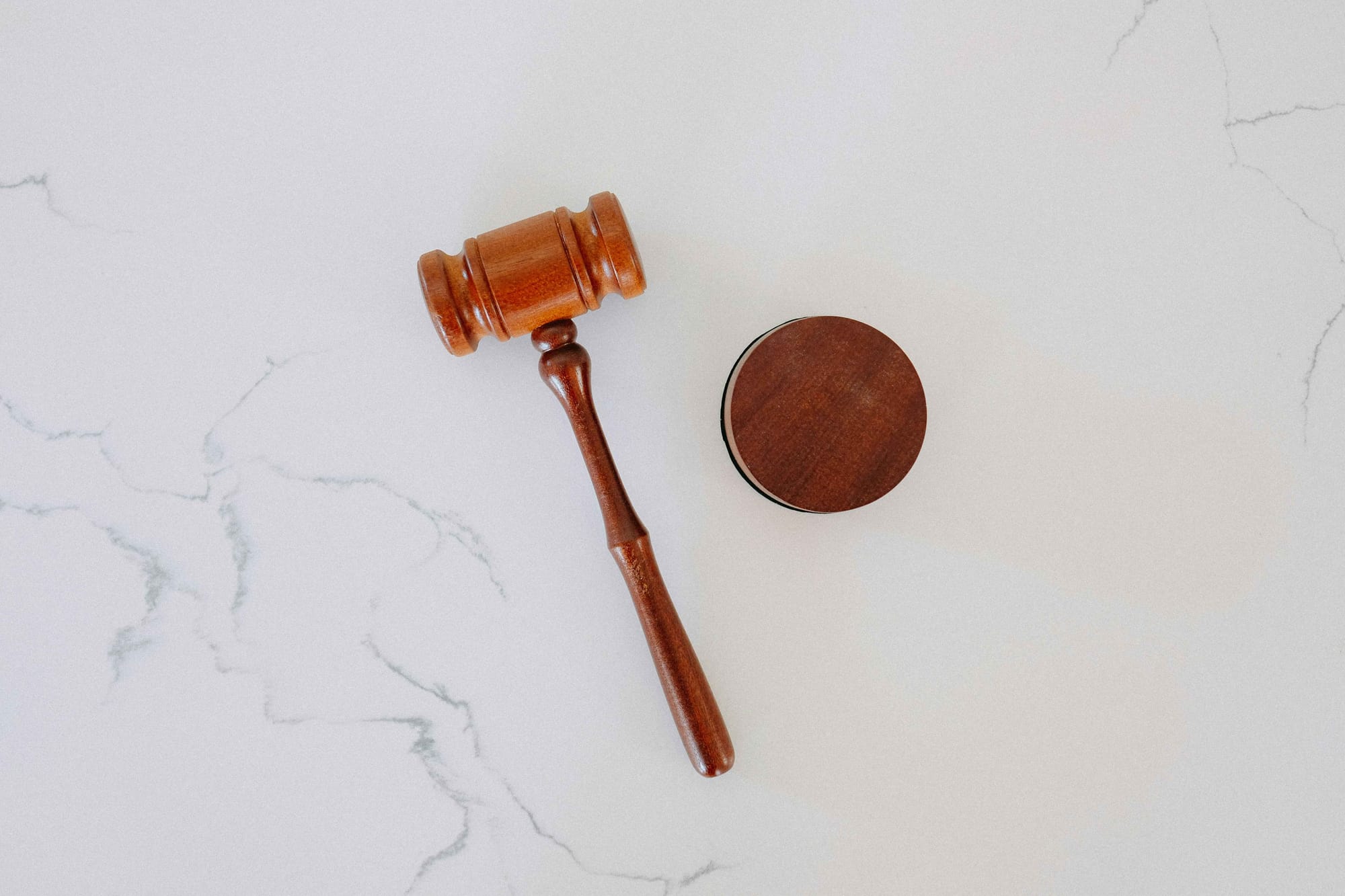
Effects of Misusing Email Addresses as Personal Data
When companies use email addresses as personal information without permission, it can be very bad for both the people whose information was stolen and the companies themselves. This part will discuss the negative consequences and legal implications that can arise from the misuse of email addresses.
Possible Email Misuses
Unwanted and Spam Emails: People often get spam emails or emails they don't want without their permission. People who get these emails may find them annoying or even dangerous because they often have ads, scam attempts, or other harmful content.
Data Breach: Hackers can get to private information without permission if email addresses are not properly protected. When someone steals someone else's email address, they might lose their names, get scammed, or have other bad things happen.
Personalized Ads and Profiling: Profiles and ads that are more relevant to you can be made with email addresses and other personal information. This can make people see ads that are more relevant to them or let other people watch what they do on the internet without their understanding.
Potential Legal Problems with Misuse
Laws About Data Protection: The purpose of GDPR and other rules is to ensure the safety of personal data. It may be against the GDPR and other rules for businesses to use email addresses to get personal information without permission. Bad things like big fines and court action could happen because of this.
Lawsuits for Privacy: Others can use your email address without your permission. If the companies involved hurt you or caused you harm, you can sue them and ask for money to make things right. This may make people or companies lose money.
Damage to Reputation: Email accounts used in a bad way will make people think less of a company. If a business lies, it could lose customers and other important investors who trust them. This could hurt their brand image and business relationships for a long time.
Every business needs to know how important it is to treat email addresses like personal data. Misuse is less likely to happen if you follow data protection rules, protect privacy rights, and set up strong security measures. People and businesses will be safe from the problems that happen when email addresses are used wrongly as personal information.
Email addresses are personal information that should be handled with care. If misused, they can be used to identify someone, causing harm. In a digital environment, we must learn the law, set up safety measures, and teach people how to safely manage data to keep email addresses private.

